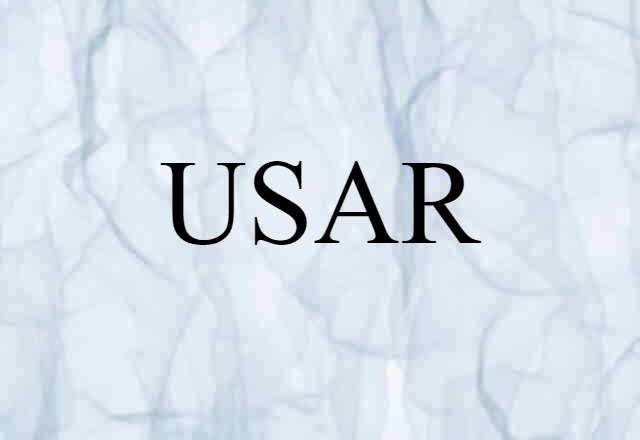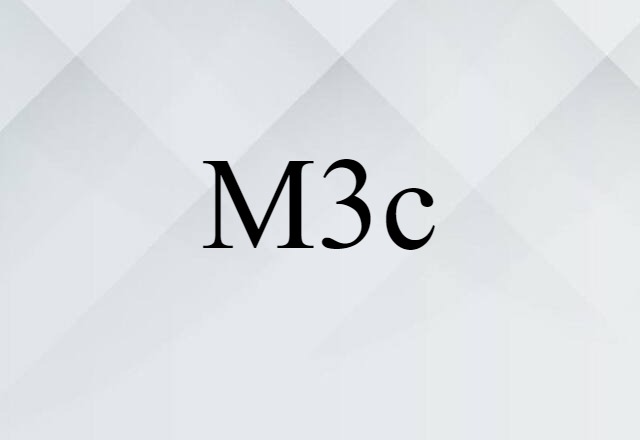- evidence sufficient to establish a thing as true, or to produce belief in its truth.
- anything serving as such evidence: What proof do you have?
- the act of testing or making trial of anything; test; trial: to put a thing to the proof.
- the establishment of the truth of anything; demonstration.
- (in judicial proceedings) evidence having probative weight.
- the effect of evidence in convincing the mind.
- an arithmetical operation serving to check the correctness of a calculation.
- a sequence of steps, statements, or demonstrations that leads to a valid conclusion.
- a test to determine the quality, durability, etc., of materials used in manufacture.
- Distilling.
- the arbitrary standard strength, as of an alcoholic liquor.
- strength with reference to this standard: “100 proof” signifies a proof spirit, usually 50% alcohol.
- a trial print from a negative.
- Printing.
- a trial impression, as of composed type, taken to correct errors and make alterations.
- one of a number of early and superior impressions taken before the printing of the ordinary issue: to pull a proof.
- (in printmaking) an impression taken from a plate or the like to show the quality or condition of work during the process of execution; a print pulled for examination while working on a plate, block, stone, etc.
- one of a limited number of coins of a new issue struck from polished dies on a blank having a polished or matte surface.
- the state of having been tested and approved.
- proved strength, as of armor.
- the trial of a case by a judge alone, without a jury.
- able to withstand; successful in not being overcome: proof against temptation.
- impenetrable, impervious, or invulnerable: proof against outside temperature changes.
- used for testing or proving; serving as proof.
- of standard strength, as an alcoholic liquor.
- of tested or proven strength or quality: proof armor.
- noting pieces of pure gold and silver that the U.S. assay and mint offices use as standards.
- to test; examine for flaws, errors, etc.; check against a standard or standards.
- prove (def. 7).
- to proofread.
- to treat or coat for the purpose of rendering resistant to deterioration, damage, etc. (often used in combination): to proof a house against termites; to shrink-proof a shirt.
- Cooking.
- to test the effectiveness of (yeast), as by combining with warm water so that a bubbling action occurs.
- to cause (especially bread dough) to rise due to the addition of baker's yeast or other leavening.
- a combining form meaning “resistant, impervious to” that specified by the initial element: burglarproof; childproof; waterproof.
- any evidence that establishes or helps to establish the truth, validity, quality, etc, of something
- the whole body of evidence upon which the verdict of a court is based
- a sequence of steps or statements that establishes the truth of a proposition
- the act of testing the truth of something (esp in the phrase put to the proof)
- trial before a judge without a jury
- a trial impression made from composed type, or a print-out (from a laser printer, etc) for the correction of errors
- (in engraving, etc) a print made by an artist or under his supervision for his own satisfaction before he hands the plate over to a professional printer
- a trial print from a negative
- the alcoholic strength of proof spirit
- the strength of a beverage or other alcoholic liquor as measured on a scale in which the strength of proof spirit is 100 degrees
- able to resist; impervious (to)
- having the alcoholic strength of proof spirit
- of proved strength or impenetrability
- to take a proof from (type matter, a plate, etc)
- to proofread (text) or inspect (a print, etc), as for approval
- to render (something) proof, esp to waterproof
- secure against (damage by); (make) impervious to
















